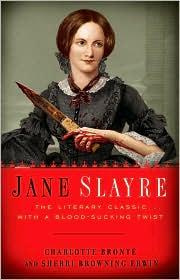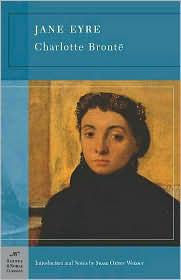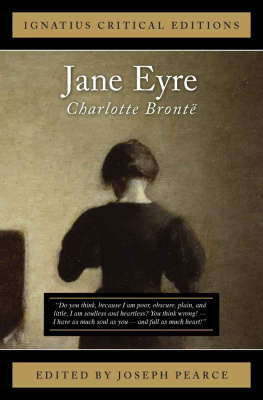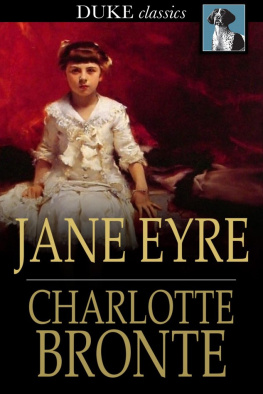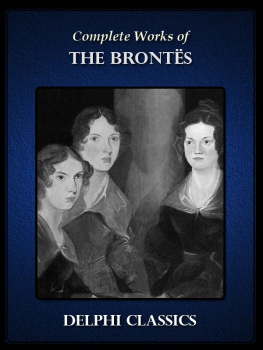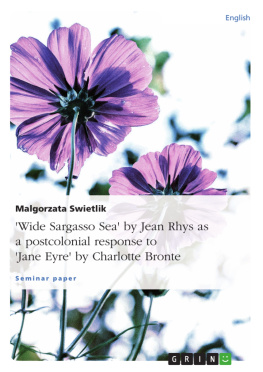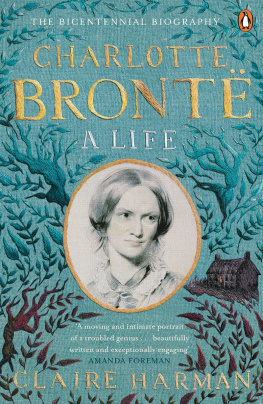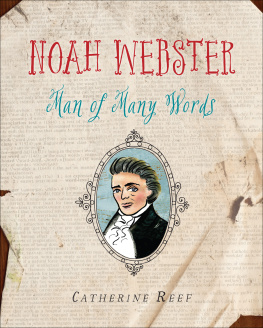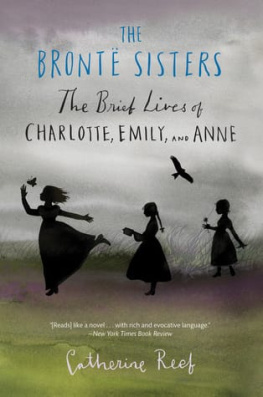READER, I WAS WRONG to doubt. The tyranny of Mr. Bokorhurst had indeed come to an end. He died in the night from his wounds, after much pain, reflection, and prayer. When the typhus fever, on which all of the deaths had been blamed, fulfilled its mission of devastation at Lowood, it gradually disappeared from thence, but not until its virulence and the number of its victims had drawn public attention to the school.
The last course of infection claimed as many as twenty girls in a week, and inquiry was made into the origin of the scourge, and by degrees various facts came out that excited a high degree of public indignation. The unhealthy nature of the site; the quantity and quality of the children's food; the brackish, fetid water used in its preparation; the pupils' wretched clothing and accommodations--all these things were discovered, and the discovery produced benefits to the institution.
Several wealthy and benevolent individuals in the county subscribed largely for the erection of a more convenient building in a better situation. New regulations were made; improvements in diet and clothing introduced. The funds of the school were entrusted to the management of a committee. The office of inspector was given to one who knew how to combine reason with strictness, comfort with economy, and compassion with uprightness. The school, thus improved, became in time a truly useful and noble institution.
I remained an inmate of its walls, after its regeneration, for eight years: six as pupil and two as teacher; and in both capacities I bear my testimony to its value and importance. My life, after the first eventful year, was free of zombie curses and vampyres; uniform, but
not unhappy because it was not inactive. I had the means of an excellent education placed within my reach, a fondness for some of my studies, and a desire to excel in all. I availed myself fully of the advantages offered me. I made friends. I cherished my relationships with my fellow students and teachers. In time I rose to be the first girl of the first class; then I was invested with the office of teacher.
For two years, I discharged my duties with zeal. Miss Temple, through all changes, had thus far continued as superintendent of the seminary. To her devotion and instruction, I owed the best part of my acquirements. Her friendship and society had been my continual solace. She had stood me in the stead of mother, governess, training instructor, and, latterly, companion.
But destiny, in the shape of the Reverend Mr. Nasmyth, came between me and Miss Temple. She had fallen in love with the man who had taken over the deceased Mr. Bokorhurst's duties as clergyman at Bokorbridge Church. When Mr. Nasmyth later found a new position in a far-removed county, he revealed that he loved Miss Temple, too, and he requested her hand in marriage. I could not be anything but overjoyed for Miss Temple, of course.
I saw her in her travelling dress step into a post chaise, shortly after the marriage ceremony. I watched the chaise mount the hill and disappear beyond its brow. Once it was beyond my line of vision, I retired to my room and there spent in reflective solitude the greatest part of the half holiday granted in honour of the occasion. My mentor, and my dearest friend, was lost to me.
From the day she left, I was no longer the same. Without Miss Temple, every warm and settled feeling, every association that had made Lowood in some degree a home to me, was gone. I had imbibed from Miss Temple something of her nature and many of her habits. Peaceful, harmonious thoughts had taken over the violent, wild feelings I'd begun to develop in my youth. I was quiet. I believed I was content. To the eyes of others, usually even to my own, I appeared a disciplined and subdued character.
In the weeks after Miss Temple's--Mrs. Nasmyth's--departure,
I walked about my chamber most of the time. I imagined myself only to be regretting my loss and thinking how to repair it. Eventually, once I reflected on it, I came to a different conclusion; that my mind had put off all it had borrowed of Miss Temple--or rather that she had taken with her the secret thrill I had of training at her side and practicing with weapons. She had given me a gift before she left, a pair of Egyptian daggers with lovely engraved handles. They had belonged to her father, but now I had no chance to use them.
I remembered the excitement I had felt at the visitation from my uncle's ghost and the charge that he had made of me, the power that had coursed in my veins when I'd held the stake up to Mrs. Reed's face, the thrill of decapitating zombies to send so many souls to the heaven they deserved. Certainly I was grateful to have lived so many years at Lowood free from threats or violent challenges. My motive had been to escape the Reed household and to get an education, and I had.
My world had for some years been in Lowood. My experience had been of its rules and systems. At last, I remembered that the real world was wide, and that a varied field of hopes and fears, of sensations and excitements, awaited those who had courage to go forth into its expanse, to seek real knowledge of life amidst its perils. What I wanted was a new place, in a new house, amongst new faces, under new circumstances. It occurred to me that those who want situations advertise. I simply had to advertise in the Herald . Satisfied at last, I fell asleep.
With earliest day, I was up. I had my advertisement written, enclosed in an envelope, and directed before the bell rang to rouse the school. It ran thus:
"A young lady accustomed to tuition is desirous of meeting with a situation in a private family where the children are under fourteen (I thought that as I was barely eighteen, it would not do to undertake the guidance of pupils nearer my own age). She is qualified to teach the usual branches of a good English education, together with French, Drawing, and Music."
This document remained locked in my drawer all day. After tea, I asked leave of the new superintendent to go to Lowton, to perform some small commissions for myself and one or two of my fellow teachers. Permission was granted. It was a walk of two miles. The evening was wet, but the days were yet long and I still loved the outdoors in the daytime. I visited a shop or two, slipped the letter into the post office, and came back through heavy rain, with streaming garments, but with a relieved heart.
A week later, I repeated the journey in search of answers to my post. My ostensible errand on this occasion was to get measured for a pair of shoes, so I discharged that business first. When it was done, I stepped across the clean and quiet little street from the shoemaker's to the post office.
"Are there any letters for J.S.?" I asked.
The old lady who kept the office peered at me over her horn spectacles. At last, she presented a document across the counter, with an inquisitive and mistrustful glance. It was for J.S.
"Is there only one?" I asked.
"There are no more," she said.
I thanked her, put the letter in my pocket, and turned homeward. The school rules obliged me to be back by eight, and it was already half past seven. I waited to read until I was back at school and had the chance, after dinner. I took out my letter. The seal was an initial F. I broke it. The contents were brief.
"If J.S., who advertised in the Herald of last Thursday, possesses the acquirements mentioned, and if she is in a position to give satisfactory references as to character and competency, a situation can be offered her where there is but one pupil, a little girl, under ten years of age; and where the salary is thirty pounds per annum. J.S. is requested to send references, name, address, and all particulars to the direction: Mrs. Fairfax, Thornfield, near Millcote,----shire."

